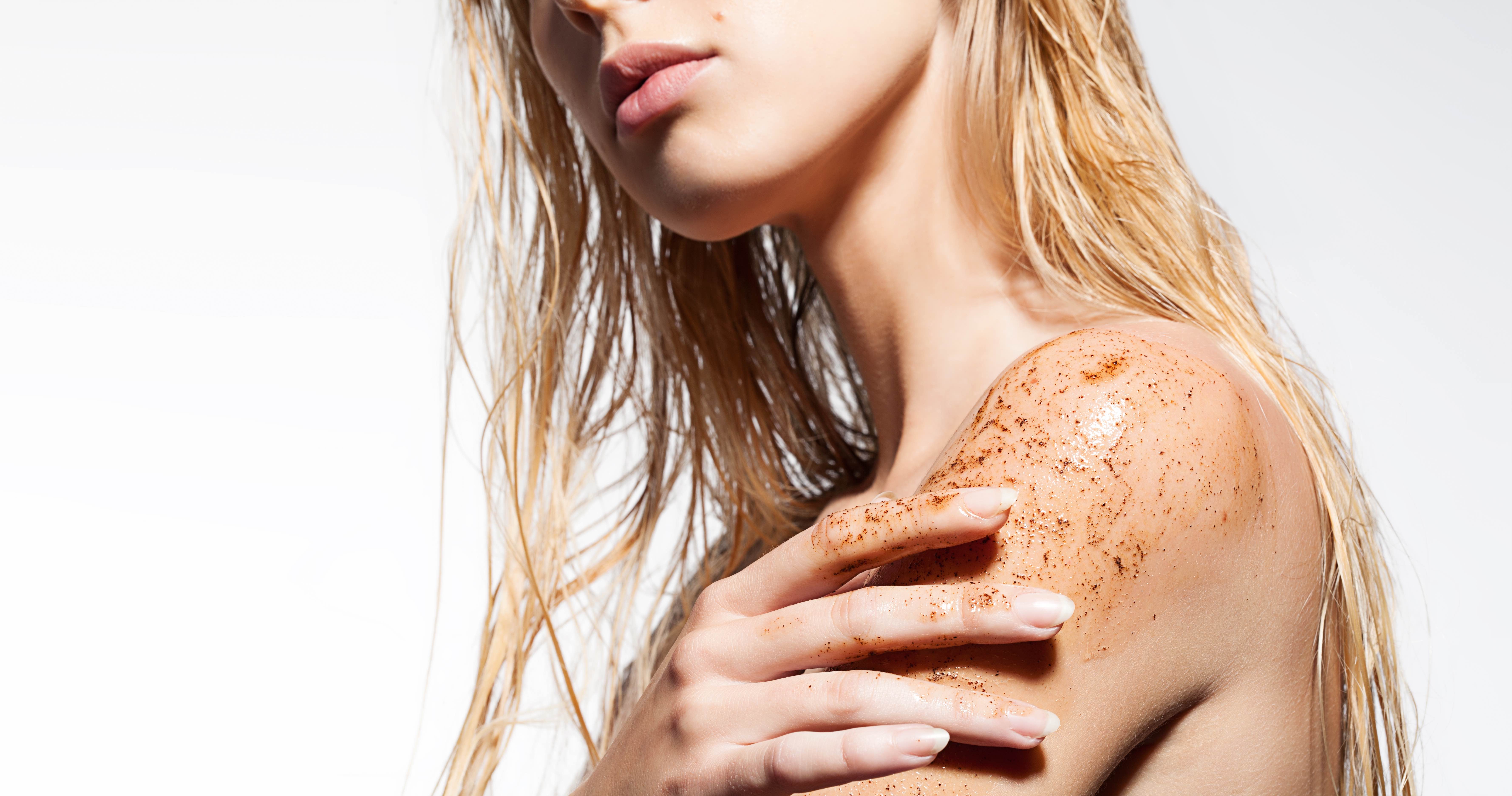UK to ban microbeads in beauty products from 2018
The UK Government has confirmed it will ban the manufacture of cosmetics and personal care products containing microbeads from 2018, following a public consultation period over the beads.
The Department for Environment, Food & Rural Affairs’ summary of responses confirmed that, after a period to refine the proposals, the UK will ban the manufacture of products containing microbeads from January 1, 2018, and the sale of such products from June 30, 2018.
In total, 431 responses were received during the consultation period from the public and leading industry names, such as Charlotte Tilbury, Chanel and Neal’s Yard Remedies, as well as industry bodies The Soil Association, CTPA and Cosmos.
The Government said it has now developed precise definitions of “microbead”, “plastic” and “rinse-off personal care product” to clearly define the scope of the ban.
The new law will apply to rinse-off products, such as face wash and exfoliators, but is not yet extended to leave-on cosmetics such as make-up and sunscreen, which some campaigners had hoped it would.
Why the Government's banning the beads
Environmental secretary Michael Gove announced the news on July 21, confirming a manufacturing and sales ban in response to the mounting evidence of the environmental harm the beads cause.
He said: “Eight million tonnes of plastic are discarded into the world’s oceans each year, putting marine wildlife under serious threat. Last year the Government launched a consultation on banning microbeads in personal care products, which have such a devastating effect on marine life.
“We are responding to that consultation today and we will introduce legislation to implement that ban later this year.”
Trading Standards has been named as the regulator to manage compliance and enforcement of the ban, which will be carried out through a range of sanctions including financial penalties, stop notices, compliance notices and enforcement action.
Industry reactions
Dr Chris Flower, director general of The Cosmetics, Toiletry & Perfumery Association (CTPA), also commented on the ban: “CTPA has been clear throughout the Government’s consultation process that to safeguard the marine environment properly, any ban should be based on clear and robust scientific evidence that is supported by data.
“Only solid plastic microbeads contained in some rinse-off cleansing and exfoliating products have been associated with marine litter: other ingredients in cosmetic products have not been shown to contribute to marine litter.
Flower added: “Since 2015 the cosmetics industry has been voluntarily removing plastic microbeads from rinse-off cleansing and exfoliating personal care products. The vast majority of UK cosmetic manufacturers have already made significant progress, which means that the task of removing plastic microbeads from these products will be complete by 2018, the timescale proposed by the Government.”
Meanwhile Greenpeace UK, who have been big supporters of the ban, tweeted “Victory” following the news. The organisation had collected more than 388,000 signatures on a petition against microbeads.
What are microbeads?
Microbeads are solid plastic particles less than five millimetres in size and are found in many beauty products including facial exfoliators, body scrubs and toothpaste. They are extremely harmful to marine life, which are ingesting them, resulting in toxins further up the food chain.
The US was one of the first countries to enlist a microbeads ban.


